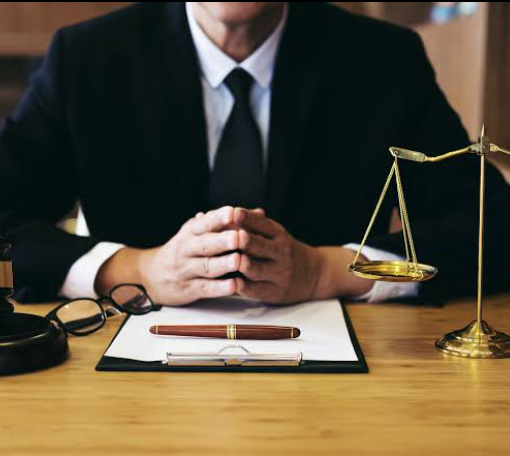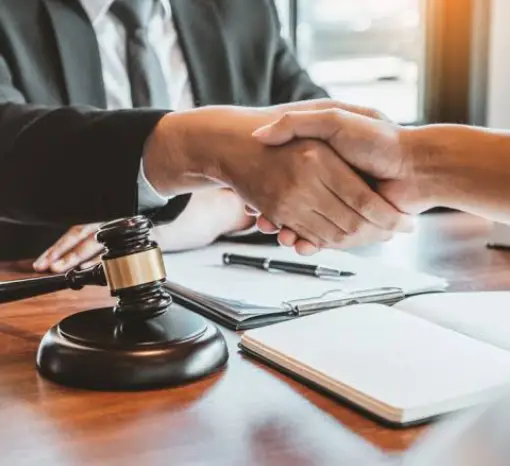Welcome to LawByMerit. Let’s delve into the intricate world of jury duty, where the delicate balance between justice, individual rights, and the legal process unfolds. Buckle up, because we’re about to embark on a journey through the hallowed halls of jurisprudence.
Can a Juror Refuse to Answer a Question?
The General Rule: Obligation to Answer
When a person is summoned to serve as a juror, they step into a role that carries immense responsibility. Jurors are the backbone of the justice system, entrusted with the task of impartially evaluating evidence, deliberating, and rendering verdicts. But what happens when a juror faces a question they’d rather avoid? Let’s explore the general rule:
- Duty to Answer: Jurors have a duty to answer questions posed to them during the jury selection process, trial, or deliberations. This duty stems from the need for transparency, fairness, and the pursuit of justice. When asked about their qualifications, biases, or any relevant information, jurors must respond truthfully.
- Voir Dire: During voir dire, the initial questioning of potential jurors, attorneys seek to uncover biases, conflicts of interest, or other factors that might affect a juror’s ability to be impartial. Jurors must candidly disclose relevant information, such as personal experiences, relationships, or preconceptions.
- Contempt of Court: Refusing to answer a question can lead to contempt of court. Contempt is a serious offense where a person disobeys or shows disrespect toward the court. While judges generally aim for a respectful and cooperative atmosphere, they can take punitive measures if a juror obstructs the proceedings.
Exceptions to the General Rule
Now, let’s explore the fascinating exceptions—those nooks and crannies where the rule bends, yielding intriguing legal nuances:
- Self-Incrimination:
- The Fifth Amendment: Jurors, like any witnesses, have the right against self-incrimination. If answering a question would expose them to criminal liability, they can invoke this constitutional protection.
- Immunity: However, there’s a twist. Jurors can’t simply clam up. If their answers might incriminate them, the court can grant use immunity. This means their responses can’t be used against them in a criminal trial.
- Personal Privacy:
- Sensitive Questions: Jurors may encounter deeply personal inquiries. For instance, probing into their mental health, sexual history, or religious beliefs. If a juror believes a question is too intrusive, they can express their discomfort.
- Judge’s Decision: The judge then decides whether the question is relevant and necessary. If so, the juror must answer. If not, the court respects their privacy.
- Juror Misconduct:
- Refusal to Deliberate According to the Law: Imagine a juror secretly advocating for jury nullification (ignoring the law). In cases like North Carolina v. Sanders, the judge can inquire into misconduct.
- Exceptions to FRE 606(b): Federal Rule of Evidence 606(b) generally bars jurors from testifying about deliberations. Yet, exceptions exist:
- Extraneous Prejudicial Information: If external information tainted deliberations.
- Outside Influence: When someone improperly influences a juror.
- Verdict Mistake: If the verdict form contains an error.
- Juror Examination:
- Under Oath: In certain circumstances, judges can examine jurors under oath. Jurors cannot refuse to answer, even if their responses might incriminate them. Immunity protects them.
- Balancing Act: The court balances the need for information against the juror’s rights.
In Conclusion
Jury service is a civic duty that demands openness, integrity, and respect for the legal process. Jurors must navigate the delicate dance between transparency and personal boundaries. So, the next time you’re called for jury duty, remember: your answers matter—they shape justice itself.
RELATED:
Can A Lawyer Turn Against Their Client? Here’s What You Need To Know
Are Lawyers Allowed To Lie About The Law During Closing Arguments?
Law Firm Member vs Associate vs Partner: Key Differences
Can A State Or City Police Officer Enforce Federal Regulations?
FREQUENTLY ASKED QUESTIONS
- Why is an FAQ Resource Important for Jury Service?
- Answer: An FAQ page (or informational hub) is crucial for jury service. It enables businesses to respond quickly to audience needs. By anticipating and addressing common questions, an effective FAQ resource educates users, guides them through content, and aligns with the website’s goals. It also enhances brand visibility in search engine results by targeting audience queries1.
- What Does the Juror’s Oath Entail?
- Answer: The juror’s oath is a solemn commitment taken by prospective jurors. It signifies their promise to impartially evaluate evidence, apply the law, and render a just verdict. While the specifics may vary by jurisdiction, refusing the oath can lead to disqualification or contempt of court2.
- Are There Exceptions to Taking the Juror’s Oath?
- Answer: Yes, exceptions exist:
- Conscientious Objection: Jurors with religious or philosophical objections may be excused or allowed to affirm the oath.
- Jury Nullification Advocates: Advocacy for nullification during voir dire may lead to exclusion, but once impaneled, jurors cannot be punished for their beliefs.
- Self-Incrimination Concerns: Courts balance juror rights against the need for information, sometimes granting immunity.
- Coercion or Duress: Courts investigate and protect jurors from external pressure2
- Answer: Yes, exceptions exist:
References:
Last updated on: April 11, 2024




